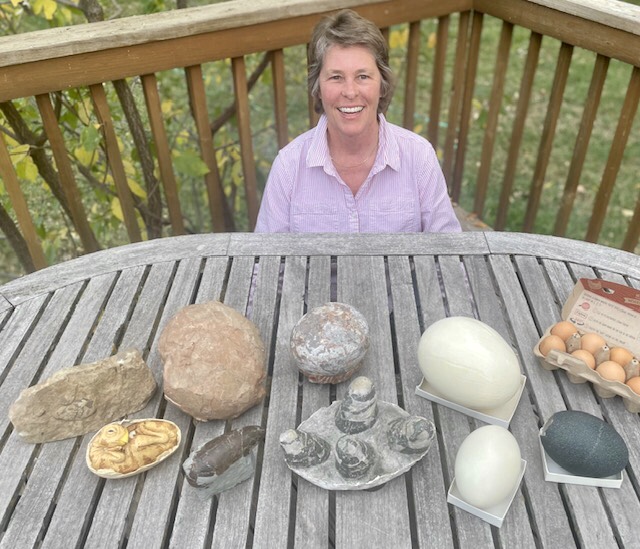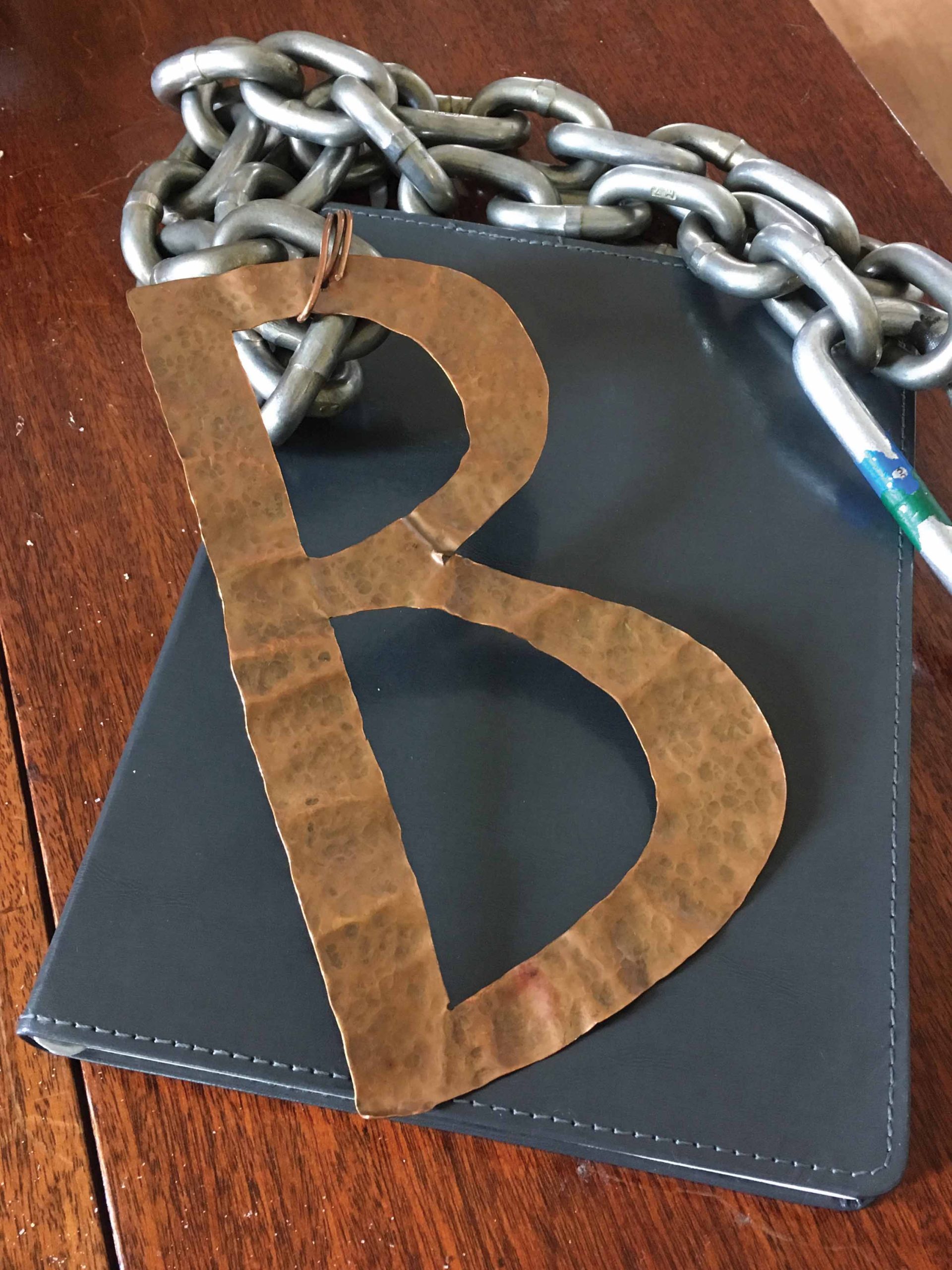An Individualized Approach to Mathematics
Most high schools in the United States require all students to take algebra, resulting in a daunting spectrum of skill levels in the classroom. For math teacher Peter Benedict, that challenge came to a head several years ago with then-freshman Toby Meyer.
“Toby would finish homework in two-minutes that would take other kids several homework cycles to finish, and then he would look at me and say, what now? That got me frustrated with my ability to provide acceleration to different students. I realized that algebra is a big crossroads class. You have to teach both seniors who are trying to graduate and first-year students who are pretty high powered math students wanting to go fast. There was this inherent conflict.”
After researching different options and talking with an (HS)2 summer teacher, Benedict learned about an online adaptive math system called ALEKS. He decided to give the program a try in his Numbers & Operations class.
“I tested it there for a year and found that it allowed students time to build their foundation,” he says. “Almost all of them ended up finishing Algebra 1 by the end of their freshman year. In the past, that class was not able to progress as quickly.”
In the following years, he introduced the online program to both Algebra 1 and 2 classes. But don’t think that the use of a web-based program means that students spend their days without teacher interaction. For Benedict, ALEKS is simply a powerful tool akin to a textbook that provides him both with actionable data on student progress and with the ability to individualize his teaching.
“Peter is a master teacher,” says CRMS Academic Dean Nancy Draina. “He’s taken educational technology and used it in the right way to personalize learning and make it work for individual kids.”
Benedict attributes the program’s usefulness to several factors. First, ALEKS presents the material in bite-sized chunks, especially as students get into harder topics.
“If a student understands the baby steps, then they can move through it quickly,” he says. “If they don’t understand the baby steps, then they can look at examples and have similar practice and work through it. There’s no end to the topics, so when students finish one assignment, they can roll right into the next topic.”
Because ALEKS is standards-based, students can track their progress on topics and see a roadmap of where they’re going. Mastering the fundamentals in a logical, step-by-step method is critical to progressing in higher-level math. The program’s structure also frees Benedict up to move around the room during class time and provide more individualized attention.
“If a high-end student is struggling with a difficult topic, I can take 5 minutes and teach a specific mini-lesson. I can then turn right around and work with a student who is on a more foundational topic and do the same thing for them.”
Benedict continues to refine the use of the program in his class and is moving toward providing more structured short lessons several times a week. The data ALEKS collects is useful to that end. “I can actually see that 75% of the students are ready to learn factoring quadratics,” he says. “Then I can teach to that topic and create a specific homework from ALEKS for that topic.”
Benedict is also able to use the data to create individualized online homework and quizzes, whether a student is wrestling with a beginning algebra topic or advancing on to precalculus.
“ALEKS allows Peter to personalize learning in a sophisticated way and make sure that kids are where they ought to be,” says Draina. “It gets rid of the stand and deliver format that assumes everyone’s in the same place and opens up opportunities for us to differentiate.”
The result creates a mix of flexibility and support that students appreciate. Freshman Ellie Uffrig was initially anxious about taking algebra. “I remember being so nervous the first day of class, but with ALEKS I’m able to go at my own pace, which is beneficial for someone who takes a longer amount of time,” she says. “I can do my work faster because I’ve been able to work at my own pace.”
Uffrig regularly relied on Benedict for support when she found ALEKS instruction to be confusing. Not only was she able to master her classwork, but she also gained confidence and lost her math anxiety as well.
In Algebra 2, sophomore Madeline Rogers progressed through the entire Algebra 2 curriculum in the first few months of school. By year’s end, she’d moved through 70% of the precalculus curriculum as well. She plans to finish over the summer and skip ahead into calculus.
“I’ve really appreciated being able to work at my own pace because everyone learns at different speeds,” she says.
For Rogers, the class was the perfect mix of teacher-taught and independent study. Benedict’s method also had a positive unintended consequence.
“It’s taught me how to look elsewhere for help,” she says. “So sometimes if I’m doing my homework, I’ve looked up videos on Khan Academy. Like the other day, I looked up videos for history class. I would never have done that otherwise.”
For competitive athletes, the math class format can prove especially useful. Cross-country skier Kate Oldham was able to organize her Algebra 2 learning so that she could finish her homework during the week, leaving her weekends free to compete. She also could arrange topics to do the hardest work in-class to take advantage of Benedict’s help, leaving the easier topics for evenings. Skier Tess Munro took a broader view to accommodate her winter schedule.
“During the spring and the fall I was getting more topics done so that when my winter ski season came, I did not have to spend as much time on it,” she says. “When I was away at races, I did not have to worry about missing lessons in class, and I could work through the material on my own time.”
Throughout the year, Benedict offers several opportunities for students to step away from ALEKS as well.
“Peter is a master of problem-based learning,” says Draina. “When I came here 13 years ago, he was leading the school in creating engaging problems for students to solve using mathematics in authentic ways. With ALEKS, he can push pause for a couple of days and immerse students in projects that allow them to see why math is important and what you can actually do with it.”
In the spring, students completed a hands-on fractile triangle project that examined exponential functions and mathematical models. Earlier in the year, students graphed linear equations to decide whether or not it would be cheaper to drive to Glenwood to purchase gas.
Although Benedict admits that using ALEKS means students are spending more time online and students note that sometimes the tech glitches with ALEKS can be problematic, overwhelmingly Benedict’s thoughtful mixed approach has worked to meet the needs of diverse learners.
Uffrig points to one of the most meaningful benefits of all. “The biggest change for me this year has been just enjoying what I’m learning and feeling successful in this work and seeing that growth from last year to this year.”
 MYCRMS
MYCRMS
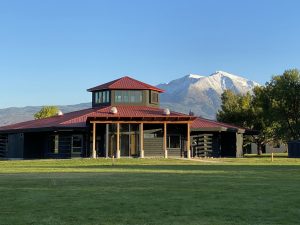

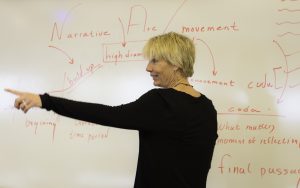
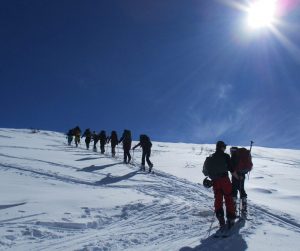

 Virtual Tour
Virtual Tour